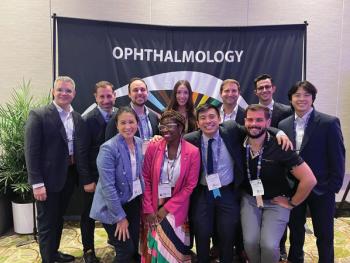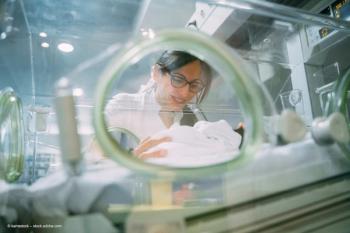
Results for AI algorithm for autonomous screening, detection of diabetic retinopathy reported by AEYE Health
The company noted that the study was the first to evaluate whether AI software can accurately detect more-than-mild diabetic retinopathy using a single image per eye, obtained from either a desktop or handheld retinal camera.
AEYE Health is reporting results from its pivotal FDA-clinical trial for the autonomous detection of more-than-mild diabetic retinopathy.
According to the company, the study was the first of its kind to evaluate whether AI software can accurately detect more-than-mild diabetic retinopathy using a single image per eye, obtained from either a desktop or handheld retinal camera.
Using a single image from each eye can simplify the diagnostic procedure and reduce screening time.
The observed AI results for each camera system:
- Topcon NW-400 (desktop camera): 93.0% sensitivity, 91.4% specificity, >99% imageability
- Optomed Aurora (handheld camera): 91.9% sensitivity, 93.6% specificity, >99% imageability
A single image per eye was used for both the desktop and the handheld cameras.
There are 35 million diabetics in the United States and more than 420 million worldwide who are at risk of developing diabetic retinopathy requiring an annual screening. Early diagnosis and intervention are key for sight-loss prevention. More than a third of diabetics over the age of 40 will develop diabetic retinopathy, however only 15% to 50% of patients undergo screening.
Autonomous screening in primary care setting requiring only a single image per eye obtained from a cost-effective handheld camera can improve adherence to screening protocols and ultimately prevent blindness in diabetics at risk for vision loss.
AEYE Health is seeking FDA clearance for its autonomous screening solution for diabetic retinopathy.
In addition, the company is preparing to publish its results in diagnosing glaucoma using digital fundus images.
Newsletter
Keep your retina practice on the forefront—subscribe for expert analysis and emerging trends in retinal disease management.




